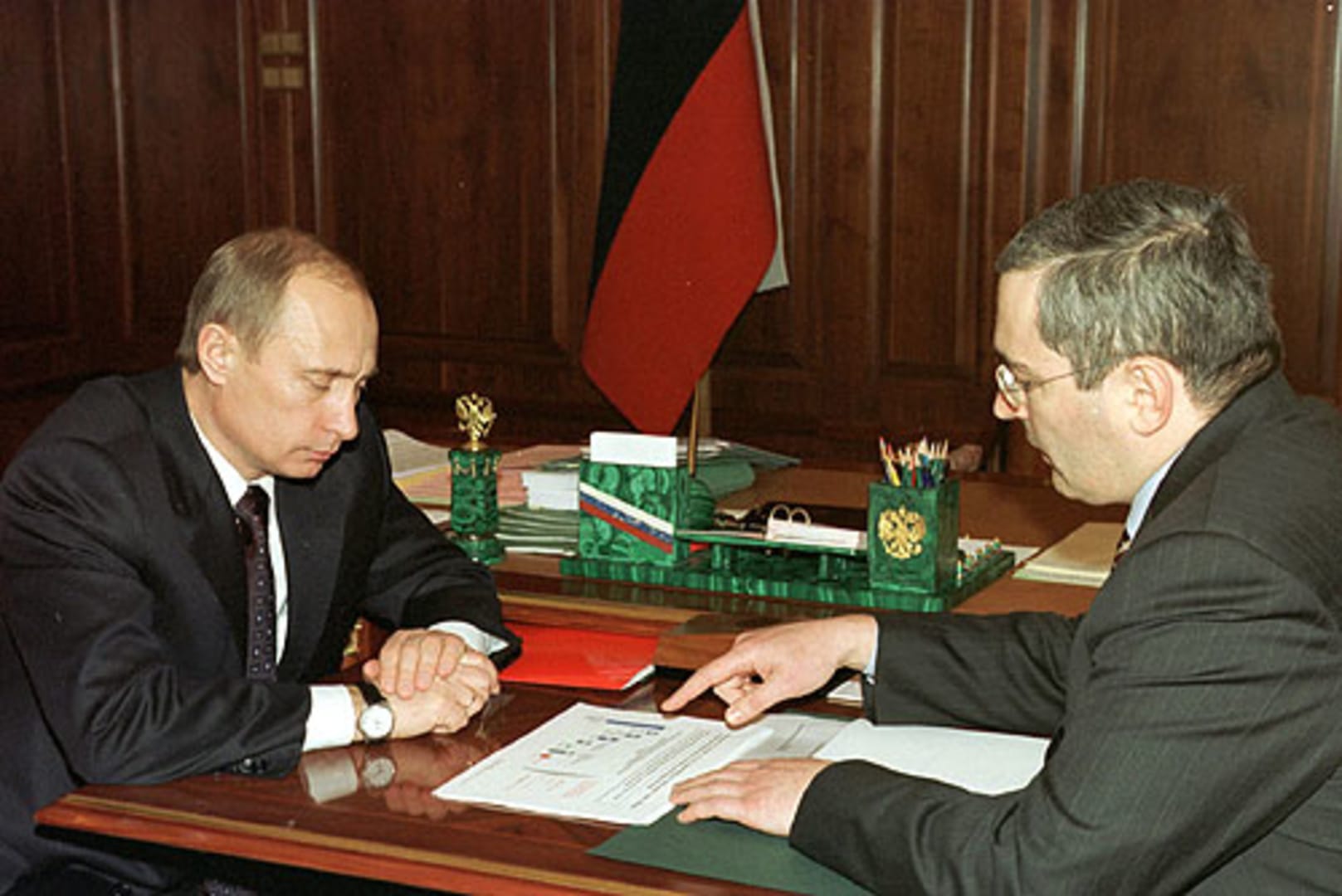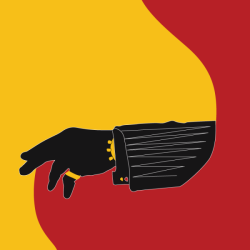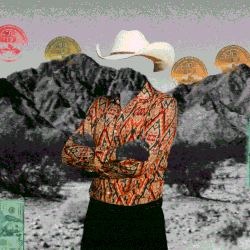
A warning from the Gilded Age & an ‘end’ to the Khodorkovsky saga
I read a lot of history books and often find myself wondering about how current events will be interpreted by future historians. I appreciate that some people might see this as an overly optimistic practice (“get real, loser, there won’t even be historians in the future, let alone ones able or willing to objectively interpret the past” etc) but I still find it valuable as a way to create a sense of perspective that can otherwise be hard to find.
So, what will historians make of the latest developments in the United States? On Thursday, the government sanctioned Russia’s two most significant oil companies, in what threatens to be a massive blow to the financial underpinning of a key geopolitical adversary. On Friday, however, the government pardoned Changpeng Zhao, a crypto tycoon who two years ago pleaded guilty to, among many other things, facilitating sanctions busting by Iran, also a key geopolitical adversary.
Subscribe to our Coda Currents newsletter
Weekly insights from our global newsroom. Our flagship newsletter connects the dots between viral disinformation, systemic inequity, and the abuse of technology and power. We help you see how local crises are shaped by global forces.
How do you interpret that contradiction, or the fact that the US government is currently not paying its employees, while spending hundreds of millions of dollars, albeit privately raised, on a new ballroom? This could provide material for a hundred newsletters, and no doubt has already done, but I think there is value in asking whether the sole consistent factor here is inconsistency, and whether that itself is significant.
This is what happens when individual people make decisions without oversight, scrutiny or process and, although there may be some value in rapid decision-making, it also makes it far more likely that the decisions reached will be illogical, inconsistent and corrupt. I have been reading a lot recently about the last time inequality was as high as it is now, which was the time before World War One, a time that Americans call the “Gilded Age” and Brits call the Edwardian period. That too was a time of conflicts, inconsistency and excess, when plutocrats built ludicrous houses for themselves, and awarded themselves vast pay deals, when politicians got assassinated and political movements appeared and disappeared with dizzying speed.
I try to be optimistic, because there’s no sense in being otherwise, but the parallel is worrying. After all, the period before World War I all ended with World War I. If I were a plutocrat, I would be working very hard to steer the horse in another direction, away from disaster, rather than spurring it on ever faster.
Restitution from Russia?
But look, like a refugee from a different galaxy, here comes news of what should be the end of the long-running legal challenge brought by shareholders in the ex-oil company Yukos against the Kremlin’s expropriation of their assets. The Kremlin lost, and now the shareholders can seek to claim tens of billions of dollars from state assets worldwide. This saga sort of began 22 years ago when the Russian authorities arrested the country’s richest man, Mikhail Khodorkovsky, prosecuted him, and imposed such vast back tax bills that it could auction off his assets in a process that – funnily enough – was won by a state oil company run by a close ally of Vladimir Putin. It was an early sign of the kind of country Putin was building: kleptocratic, authoritarian, centralised, ruthless, and deeply stupid.
But the real beginning of the story was a decade earlier, when President Boris Yeltsin, attempting to build a different kind of Russia, one which followed international norms, signed the Energy Charter Treaty, an agreement designed to protect foreign investors’ stakes in national oil and gas industries.
The primary shareholders of Yukos were Russian but, like any competent global oligarch, they structured their ownership via multiple offshore entities so – when their company was taken away – they sued. And now, they have won in a process that is a memorial to the 1990s, and the odd alternate reality when globalisation was widely considered a good thing.
Obviously, Russia won’t abide by the judgement on its own territory, but the Yukos shareholders will continue their battles for various assets owned by Russia, such as this plot of land in London and these vodka brand names. “Real justice requires successful enforcement, so we will now focus all our efforts on enforcing against Russian state assets worldwide until every penny of the $65+ billion awards has been paid,” said Tim Osborne, who heads the shareholders’ company, which is called GML.
In that effort, however, he may well have competition. There is 210 billion euros of Russian state money frozen in the European Union, mostly in Belgium, and the EU is inching closer to using it to help Ukraine. The universe in which Russia happily deposited its assets in Western countries now feels like an alternative reality – one that historians will spend a lot of time dissecting.
Making criminals pay
International arbitration is a tricky game to play, however, or so the owners of P&ID may be feeling. In a complex (and, let’s be honest, rather imaginative) attempt to swipe a lot of Nigeria’s money, this small offshore company obtained a gas processing contract in 2010. Neither side did anything to fulfil the contract, then P&ID sued Nigeria and won a giant compensation award, the size of which has been growing larger still with the interest owed.
It is a case rife with allegations of corruption, professional misconduct and more, and mercifully the initial judgement in favour of P&ID was overturned. Last week, a court ruled that P&ID will have to pay the vast legal costs in sterling, rather than in naira, which will help Nigeria to avoid missing out on the advantageous exchange rate.
To say P&ID’s British lawyers have questions to answer is to understate how serious the allegations against them are, but regulators have so far done nothing. That is a very bad reflection on Britain’s ongoing facilitation of kleptocracy, and the state of its regulators.
Britain, in common with many other countries, has a very fragmented system of anti-money laundering regulation, so it is potentially good news that the government has proposed to combine many of the existing 23 regulators into “a small number” of bodies. Hopefully, this will mean the regulators are better funded, more motivated, and more willing to anger potentially powerful vested interests by actually investigating financial crime. “It is crucial that existing regulators do not take their foot off the pedal while we await legislation which could risk things getting a lot worse before getting better,” said Sue Hawley, of Spotlight on Corruption.
A version of this story was published in this week’s Oligarchy newsletter. Sign up here.











